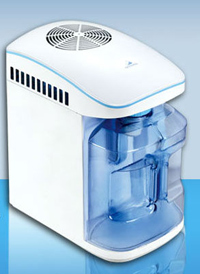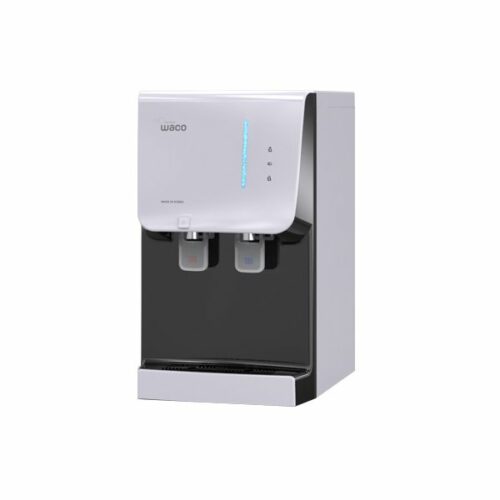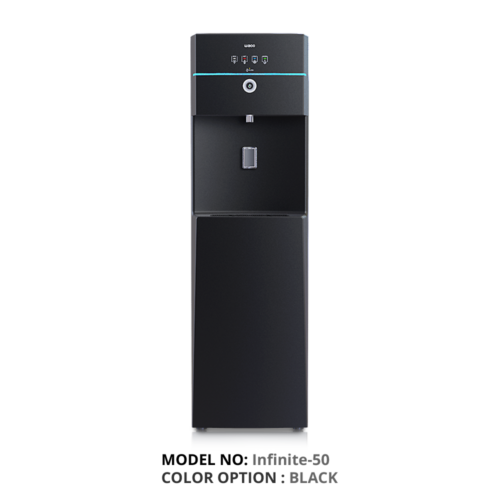
Distilling water is just one of many possible means of filtering and purifying drinking water. This may be done for many reasons, more often than not to remove or reduce contaminants in poor quality drinking water. While distilled water is in no way harmful to health, whether or not distilled water is better than other types of water depends on various factors.
How distilled water is made
Distilled water is the end result of water that has passed through a process of distillation. Various types of distilling methods can be used although they all work on the same basic concept of separating the different elements present in a mixture due to their different boiling points. Distilled water is therefore produced when water is boiled and any chemicals or toxins present, which reach their boiling point at lower temperatures, are removed from the water. Any residue or substance remaining in the vessel after the water has been boiled off and evaporated is also discarded. This leaves the pure distilled water which has been collected throughout the process, water with a higher purity than normal.
So can you drink distilled water?
The short answer is, yes. Distilled water is purer than normal water and quite safe to drink. However, the drawback to distilled water is that during the distillation process many of the natural minerals found in water are also removed. Some of these minerals are necessary, such as iron, magnesium and calcium. Therefore, distilled water could be considered to be of lower quality than spring or mineral water which contains these essential minerals. However, if the original source water contained traces of toxic substances or other contaminants, the distilled water would be considered preferable for drinking purposes than simply drinking the source water without treatment.
Not all distilled water is safe to drink
Distilled water, which can normally be bought at any grocery supplies store, is quite safe for drinking as it is usually made from drinking water, however, if the water comes from an alternative source, such as an industrial source, the distillation process may not be successful at removing all harmful substances and contaminants present, and would therefore be unsafe to drink.
Importance of sterilization
Equipment which is contaminated can also cause problems during the process of making distilled water. Tubing, glass containers and collecting receptacles which are not sterilized could end up introducing contaminants, bacteria or even chemicals into the process. This is most common in home distillation cases, and is not normally associated with commercial distilling procedures. Common concerns with home distilling process include plastic monomers along with leaching originating from glass.
Replacing lost minerals
If you are considering using distilled water for drinking you should be sure of the source of the water used to produce the distilled water and also be aware that even though distilled water may be better for you than poor quality drinking water, it does lack some of the minerals which are considered to be essential and necessary. Mineral supplements could be taken to rectify this if distilled water is to be a long term solution to a poor quality water source.




